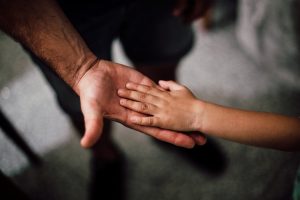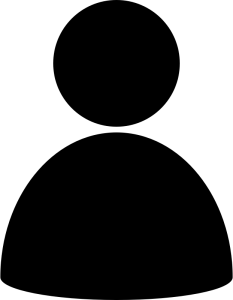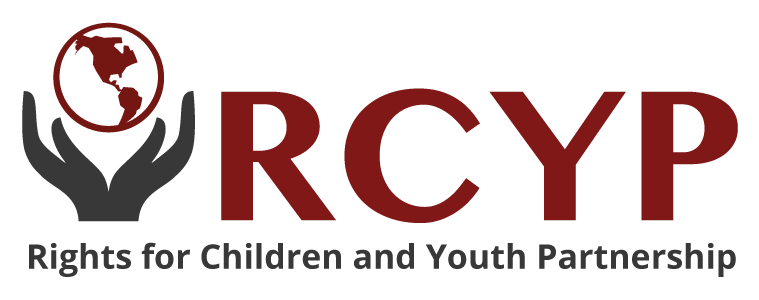- October 5, 2018
I was under the care of the Child Protection System for eleven years (age 1 to 12). My early years included apprehensions from my family due to abuse at home. Although scars heal, the wounds from the injustice and isolation I felt at the hands of the Child Protection System

remain. I remember feeling left out of decisions, never consulted about where I was going or what I wanted. This seemed comical to me, as I knew, perhaps more than anyone else, what was happening in my family and what I needed.
The United Nations Convention on the Rights of the Child (UNCRC) was ratified by Canada. Article 12 states that “a child who is capable of forming his or her own views has the right to express those views freely in all matters affecting the child, and the view of the child being given due weight” (The United Nations, 1989). Furthermore, the article states that “the child shall be provided an opportunity to be heard in any judicial and administrative proceedings affecting the child” directly or not (The United Nations, 1989). My experience as a child was directly oppositional to this inherent right that I was supposed to have.
We need to start including children in decisions about their own lives in a manner consistent with their developmental needs. The system makes children feel like they have no control in their own lives and no say in matters critical to their well-being. I wish that at my custody hearing I could have had an opportunity to tell the judge my side of the story in person. Although social workers attempted to get my opinion, they often asked me questions with my parents in the room, so I never answered honestly as I was fearful of the consequences from my parents. I experienced 16 moves back and forth between my home and foster homes, this was disruptive to my learning, social interactions and general well-being. I now look back and wonder why it took 11 years for the Child Protection System to consider other options for me.
Children need to start being viewed as the most important decision maker at any table. Children in and from care are more intelligent than they are given credit for—they have to be to survive. More time and care needs to be given to asking children what they want and need because they know better than anyone else what is best for them. If we are really trying to keep the child’s best interest paramount, as stated in Article 3 of the UNCRC, we have an obligation to consider the impacts of such a transient life (The United Nations, 1989). I wish someone had taken the time to consider what was best for me. Unfortunately, my story is not unique, many children in care have faced the same. I am lucky to have exited the system at 12, adopted, and in my last year of my Bachelor of Social Work. My focus on education and passion for social change in the community from which I came have supported me past my early traumas. I am lucky to be thriving and surviving despite, not because of, my involvement with the system. When you enter the care system, the state or province becomes your parent, if this is true, the state may well have had its own ‘children’ apprehended based on the emotional, psychological and social harm it does.
References
The United Nations. (1989). Convention on the Rights of the Child. Treaty Series, 1577, 3.
Author

Ashley Ash is a fourth-year student at Ryerson University in the Bachelor of Social Work program. She has worked in the child welfare sector as an advocate for over 6 years with a focus on protecting children’s rights. She has worked at Children’s Aid Society, the Ontario Child Advocate and just started an internship at Justice for Children and Youth. She hopes to continue her career and obtain a law degree so she can become an Ontario Children’s Lawyer. She is the winner of a national writing award, a published author, winner of the North American Youth Advocate of the Year award, and an Amethyst Award for Ontario Public Service.
The views expressed in this blog post are those of the author and do not necessarily reflect those of the Rights for Children and Youth Partnership project, Ryerson University, or our other partners.
